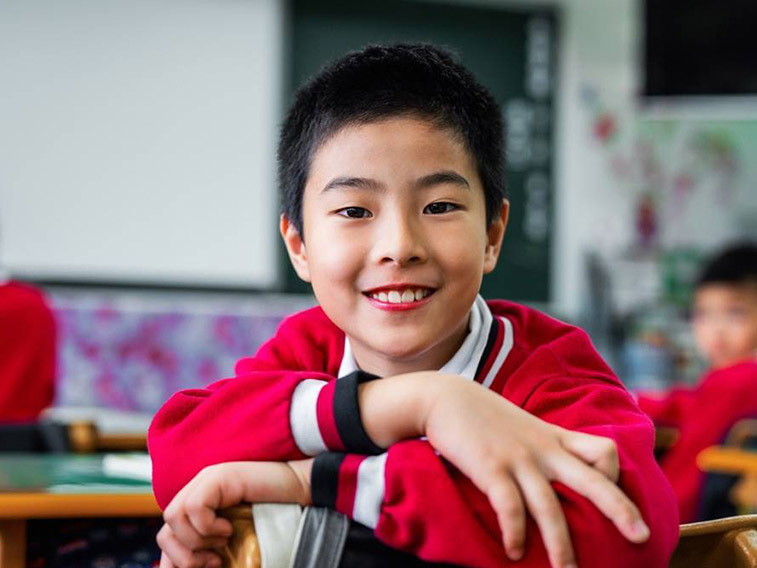Our NAB panel of experts discuss tariffs, general economic conditions, and the NAB AUD/USD forecast.


Webinar
Key intergenerational differences emerge in what is valued most in a private education. Children have a growing voice, with over 1 in 2 very involved in the final school selection.

Biljana Nikolova, NAB Executive for Education said, “Overall what emerges is a very positive assessment of private education, but also clear opportunities to better recognise some aspects of a private school education considered important by parents.”
“While it’s not surprising that parents value highly academic performance and a focus on literacy and numeracy, it might surprise some private schools to learn just how important they also believe it is to balance education with fun, happiness and the wellbeing of children”.
Beth Blackwood, CEO of the Association of Heads of Independent Schools of Australia (AHISA) said, “NAB’s comprehensive analysis of what Australian parents and grandparents value in a private school education is a must-read for all Heads, Chairs and members of boards of independent schools.”
The research also highlights some important differences of opinion about what aspects of a private education are most important.
The top reason Australians prefer the private system is the quality of facilities, but this is much less important to younger people who often place much more significance on things such as the school’s educational philosophy, ranking tables and social media.
Sporting, recreational & cultural facilities are also much more valued by younger parents, while a high standard of behaviour, discipline, uniforms, history and reputation is much more important to older parents and grandparents compared to younger people.
“Private schools particularly need to understand that younger parents might value things a little differently and respond accordingly,” said Ms Nikolova.
“While we are starting to see some important intergenerational differences of opinion that seem to be emerging, something every Australian private school can take away from this research is those with high-class facilities, the best teachers and strong academic results will continue to attract new families.”
Children themselves have a growing and important voice in deciding which school they ultimately attend. Over 1 in 2 were “very” involved and 1 in 4 “completely” involved in the final selection. And younger people are much more likely to involve their children in the selection of a school.
“There is a wealth of data to be mined, but of particular interest in NAB’s report is evidence of the generational shift occurring in what parents want for their children’s education and the increasing voice given to children in choosing that education,” said Ms Blackwood.
“For many school leaders, the report will confirm trends already apparent in their schools and provide valuable further information for all schools’ strategic planning.”
For more information refer to the attached: NAB Private Schools Survey 2022 (Part 1)
© National Australia Bank Limited. ABN 12 004 044 937 AFSL and Australian Credit Licence 230686.